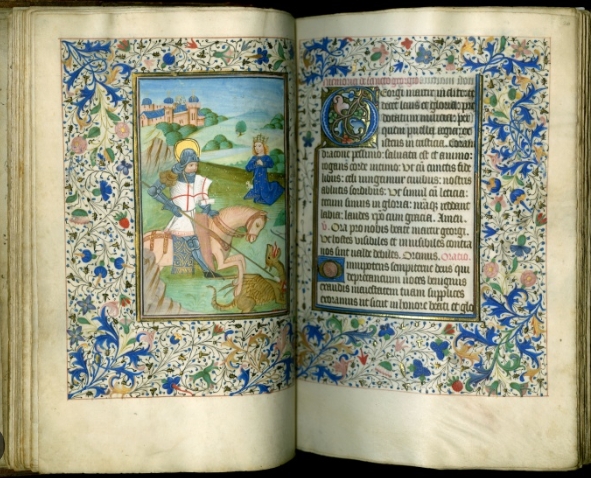Unearthing Classic Literature: The Timeless Works of the Renaissance
During the Renaissance period, from the 14th to the 17th century, a wealth of classic literature was produced that continues to captivate readers to this day. These timeless works offer deep insights into human nature, society, and the human experience.
Exploring the Renaissance Literary Canon
The Renaissance literary canon includes works by celebrated authors such as William Shakespeare, Miguel de Cervantes, Geoffrey Chaucer, and Dante Alighieri. These works encompass a wide range of genres, from plays and poetry to novels and essays.
Shakespeare’s Plays: A Window into Human Emotions
Shakespeare’s plays, such as “Hamlet,” “Macbeth,” and “Romeo and Juliet,” delve into universal themes of love, power, betrayal, and revenge. His exploration of human emotions and motivations continues to resonate with audiences around the world.
Cervantes’ Don Quixote: A Satirical Masterpiece
Miguel de Cervantes’ novel “Don Quixote” is considered one of the greatest works of fiction ever written. This satirical masterpiece follows the adventures of an eccentric knight who tilts at windmills and embarks on a quest for chivalric glory.
Chaucer’s Canterbury Tales: A Tapestry of Stories
Geoffrey Chaucer’s “Canterbury Tales” is a collection of stories told by a diverse group of pilgrims on their journey to the shrine of Thomas Becket. This rich tapestry of tales offers a glimpse into medieval English society and the human condition.
Dante’s Divine Comedy: A Journey through Hell, Purgatory, and Heaven
Dante Alighieri’s “Divine Comedy” is a poetic masterpiece that takes readers on a journey through the realms of Hell, Purgatory, and Heaven. Through his allegorical vision, Dante explores themes of sin, redemption, and divine justice.
Reviving Classic Literature for Modern Audiences
While these works were penned centuries ago, their relevance and resonance have not diminished over time. By unearthing and rediscovering the timeless works of the Renaissance, readers can gain a deeper understanding of the human experience and the enduring power of literature.
